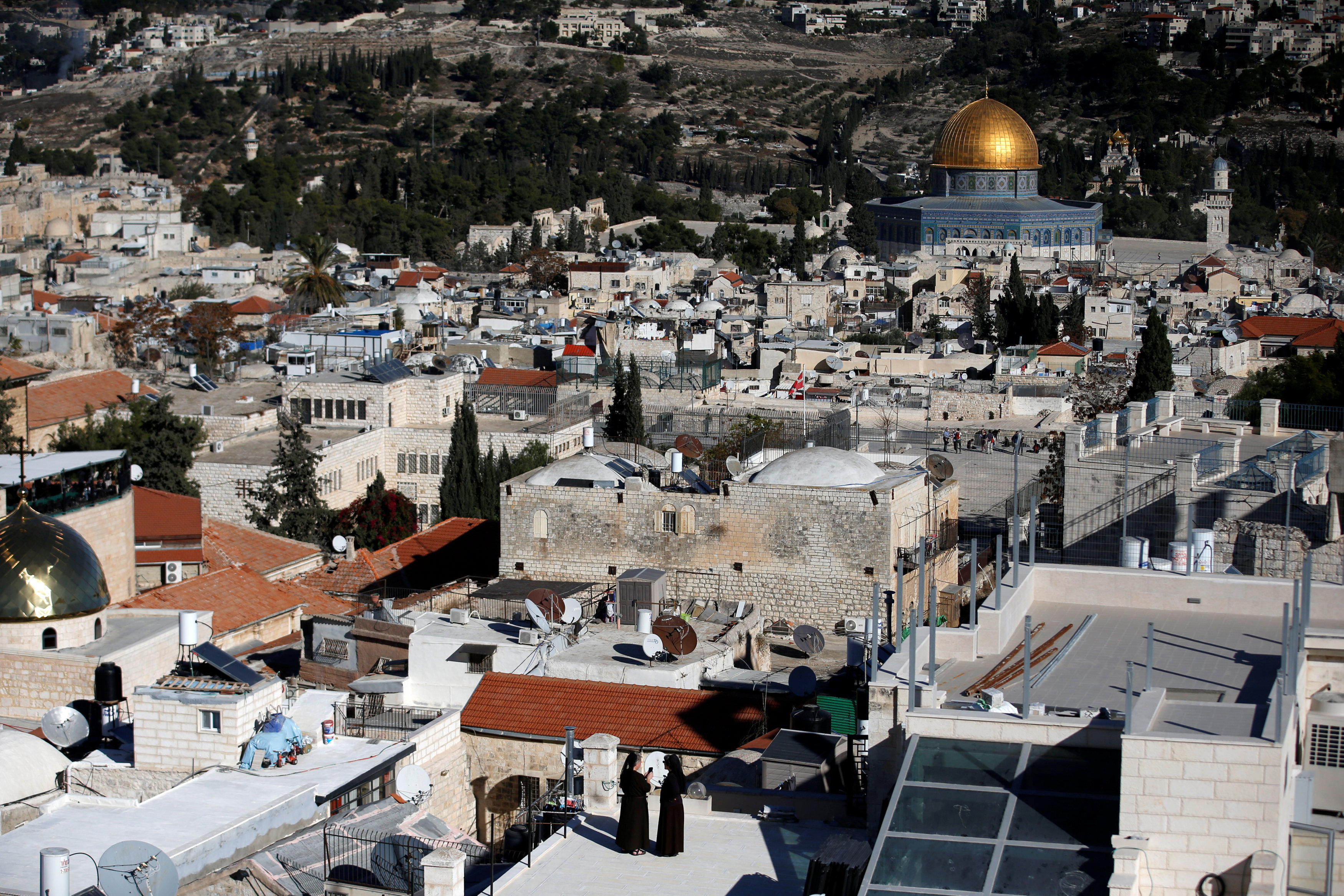
By Jeffrey Heller
JERUSALEM (Reuters) – Prime Minister Benjamin Netanyahu told France’s foreign minister on Sunday that Israel remained opposed to a French initiative for an international conference to try to revive peace talks.
Palestinians welcomed the proposal but Israel is concerned that the conference that France seeks to hold in the autumn would try to dictate terms for a peace deal.
In public remarks to his cabinet after meeting France’s Jean-Marc Ayrault, Netanyahu said: “I told him the only way to advance genuine peace between us and the Palestinians is through direct negotiations between us and them, without preconditions.”
Israel made the same argument in the formal response it gave last month. France hopes an international conference would set out a framework for peace negotiations, after U.S. efforts to broker a two-state deal collapsed in April 2014.
“I know that Netanyahu does not agree (to the French proposal),” Ayrault told reporters after his talks with the Israeli leader in Jerusalem and a meeting with Palestinian President Mahmoud Abbas in the occupied West Bank.
Ayrault said France would continue to pursue the initiative and that its ultimate goal was for both sides to return to direct talks, with international intervention laying the groundwork.
“It is very clear to us, and I said this today to both the prime minister and to President Abbas, that we cannot take the place of the two parties,” he said at Tel Aviv’s Ben-Gurion airport at the end of a one-day visit to promote the plan.
“Only they can conduct direct negotiations to achieve a solution,” Ayrault said. “But because things are currently stuck … external intervention is necessary to provide renewed momentum.”
An international gathering of ministers, tentatively planned for May 30 in Paris, is set to include the Middle East Quartet (the United States, Russia, the European Union and the United Nations), the Arab League, the U.N. Security Council and about 20 countries, without Israeli or Palestinian participation.
Diplomats say that meeting will package all economic incentives and other guarantees that various countries have offered in previous years to create an agenda for an autumn peace conference.
While objecting to the French initiative, Netanyahu, a right-winger, has stopped short of saying Israel would boycott it.
Keeping his options open could help Netanyahu in preliminary contacts with the main opposition Zionist Union party – a centre-left group likely to favour participating – on expanding his ruling coalition that has a mere one-seat parliamentary majority.
(Additional reporting by John Irish in Paris; Editing by Robin Pomeroy)







 Kofi Annan, who has championed peace plans and tried to bring a diplomatic solution to the civil war in Syria, has resigned as the UN and Arab League special envoy to the country.
Kofi Annan, who has championed peace plans and tried to bring a diplomatic solution to the civil war in Syria, has resigned as the UN and Arab League special envoy to the country.

